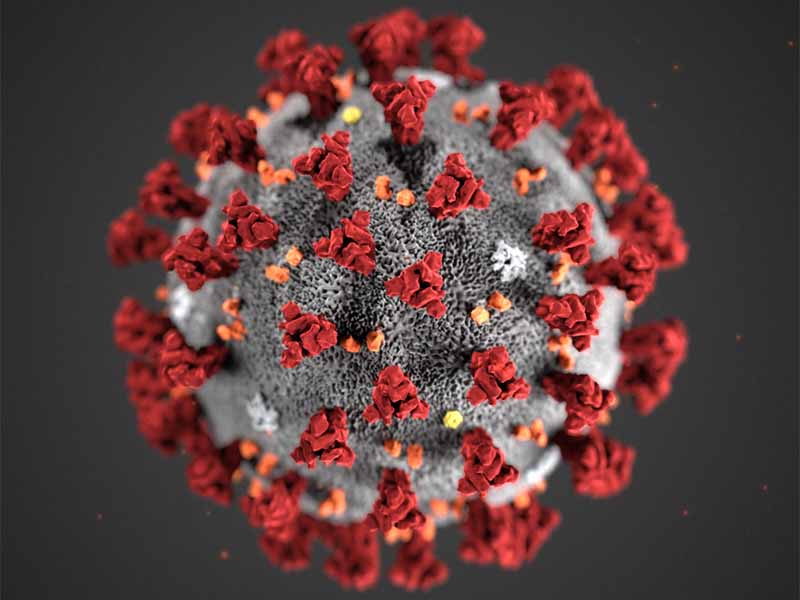Academy Urges HHS to Factor FPs Into COVID-19 Response
Timely Information From Government Is Crucial, AAFP Says
March 03, 2020 08:56 am News Staff -- Federal agencies need to start communicating faster and more fully with the primary care workforce about coronavirus disease 2019, the AAFP told HHS Secretary Alex Azar in a March 2 letter.

Citing the Feb. 26 announcement from the CDC that community transmission of the virus was imminent in the United States, the AAFP called on HHS to "integrate family physician offices with federal agencies and public health efforts, including the distribution of information on evolving testing, vaccination and treatment."
"Furthermore, the primary care safety net must be considered when distributing emergency funding" related to COVID-19, added the letter, which was signed by Board Chair John Cullen, M.D., of Valdez, Alaska.
In the six weeks since the first U.S. case of COVID-19 was reported, medical journals and other specialty and mainstream news sources have steadily published further information and commentary, outpacing official data and responses from HHS and other agencies.
The Academy last week launched its own coronavirus resource page for family physicians, which it will update regularly.
But keeping primary care physicians informed about the virus -- and preventing the primary care system from being overwhelmed if a widespread U.S. outbreak occurs -- will require improved communication from official channels, the AAFP told Azar.
"Family physicians across the nation are seeking information that will prepare them to appropriately provide care to impacted individuals and communities," the letter said.
One major concern centers on the availability of diagnostic tests and supplies, including gowns, masks and gloves.
HHS also needs to consider how patients and communities will have adequate access to care if the impact of COVID-19 means many physicians and their care teams have to be quarantined, the Academy wrote.
"Finally, there is growing concern about the economic impact a pandemic would have on the financial health of family medicine practices, many of (which) are currently at the edge of economic viability," the letter said.
The letter asked Azar to respond to the Academy's concerns "as quickly as possible."
"The timely distribution of information will assist our members as they prepare to provide timely, compassionate and appropriate care to any and all individuals impacted by COVID-19."